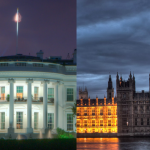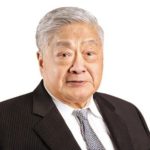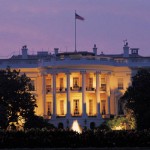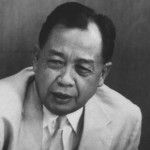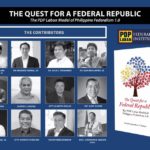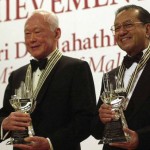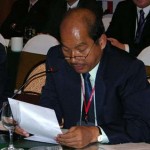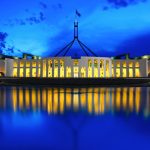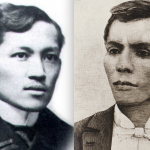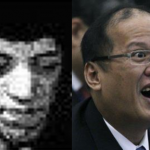Title IX on Economic and Social Policies
Article 209. The State shall adopt sound economic policies whose goals shall be full employment, a more balanced distribution of opportunities, income, and wealth, a sustained increase in the amount of goods and services produced by the nation, and the improvement of quality of life for all, especially the underprivileged.
The State shall promote the general good in all phases of national development. It shall enact measures that protect and enhance human liberty and dignity, reduce inequalities of opportunity and promote a more balanced distribution of wealth, and create social and economic opportunities based on freedom of initiative and self-reliance.
Article 210. The State shall protect freedom of private enterprise as the foundation of economic development, and economic development as the foundation of full employment and improved quality of life. It shall not assume proprietary activities, or impose regulatory norms or charges on economic activity, except to the extent directly necessary, if at all, to achieve a compelling public need.
Article 211. The State shall protect and provide incentives to private initiative. The right of private individuals and associations to the fruits of their labor and investment, the right to hold and to distribute income, and the right to transmit one’s property to one’s family, shall not be unduly infringed. The State shall protect and secure the exclusive rights of scientists, inventors, artists, and creators to their intellectual property and creations, consistent with the general good and applicable norms of international law.
Article 212. All lands of the public domain, public waters, minerals, coal, petroleum, and other mineral oils, all forces of potential energy, fisheries, forests or timber, wildlife, and other natural resources shall be administered by the State in trust for the people. Unless otherwise defined by the National Assembly, lands of the public domain are classified into agricultural, forest or timber, mineral lands and national parks. With the exception of agricultural lands, all other natural resources shall not be alienated.
The exploration, development, and utilization of natural resources shall be under the supervision of the State. The State shall, as appropriate, bid out the privilege of undertaking such activities to private entities under co-production, joint venture, concession, or production-sharing arrangements beneficial to the nation under terms and conditions provided by law. The preservation of the environment and the maintenance of a healthful and balanced ecosystem shall be a prime consideration in all such arrangements.
The President of the Council of Government shall notify the National Assembly of every contract entered into in accordance with this provision, within thirty days from its execution.
Article 213. Lands of the public domain are classified into agricultural, forest or timber, mineral lands, and national parks. Agricultural lands of the public domain may be further classified by law according to the uses to which they may be devoted. Alienable lands of the public domain shall be limited to agricultural lands. Private corporations or associations may not hold such alienable lands of the public domain except by lease. Citizens of the Philippines may lease or acquire alienable lands of the public domain by purchase, homestead, or grant.
Article 214. The National Assembly shall, as soon as possible, determine by law the specific limits of forestlands and national parks, marking clearly their boundaries on the ground. Thereafter, such forestlands and national parks shall be conserved and may not be increased nor diminished, except by law. The National Assembly shall provide, for such period as it may determine, measures to prohibit logging in endangered forests and watershed areas.
Article 215. The State, subject to the provisions of this Constitution and national development policies and programs, shall protect the rights of indigenous cultural communities to their ancestral lands to ensure their economic, social, and cultural well-being.
The National Assembly may provide for the applicability of customary laws governing property rights or relations in determining the ownership and extent of ancestral domain.
Article 216. The National Assembly may establish an independent economic and planning agency headed by the President of the Council of Government, which shall, after consultations with the appropriate public agencies, various private sectors, and local government units, recommend to the National Assembly, and implement continuing integrated and coordinated programs and policies for national development.
Article 217. The State shall regulate and exercise authority over foreign investments within its national jurisdiction and in accordance with its national goals and priorities.
Article 218. No franchise, certificate, or any other form of authorization for the operation of a public utility shall be exclusive in character or for a longer period than fifty years. Neither shall any such franchise or right be granted except under the condition that it shall be subject to amendment, alteration, or repeal by the National Assembly when the general good so requires. The State shall encourage equity participation in public utilities by the general public.
Article 219. In times of national emergency, when the public interest so requires, the State may, during the emergency and under reasonable terms prescribed by it, temporarily direct or take over the operation of any privately owned public utility or business affected with public interest.
Article 220. The National Assembly shall establish an independent central monetary authority, the members of whose governing board must be Filipino citizens, of known probity, integrity, and patriotism, the majority of whom shall come from the private sector. They shall also be subject to such other qualifications and disabilities as may be prescribed by law. The authority shall provide policy direction in the areas of money, banking, and credit. It shall have supervision over the operations of banks and exercise such regulatory powers as may be provided by law over the operations of finance companies and other institutions performing similar functions.
In accordance with Article 234, the existing Bangko Sentral Ng Pilipinas shall hereafter be known as the Central Bank of the Philippines. Until the National Assembly provides otherwise, the Central Bank of the Philippines, operating under existing laws, shall function as the central monetary authority.
Article 221. The State shall promote the welfare of workers, full employment and equality of employment opportunities. It shall afford all necessary protection to labor, local and overseas, organized and unorganized. It shall protect the rights of all workers to self-organization, collective bargaining and negotiations, and peaceful concerted activities, including the right to strike in accordance with law.
The State shall promote the principle of shared responsibility between workers and employers and the preferential use of voluntary modes in settling disputes, including conciliation, and shall ensure their mutual compliance therewith to foster industrial peace.
Article 222. The State shall protect and promote the health of the people and shall guarantee adequate provisions for public health. It shall ensure the widest possible coverage for private and public health care, and shall encourage private medical programs through appropriate incentives and assistance. There shall be ample provisions for the needs of the under-privileged sick, the elderly, the disabled, pregnant women, and children.
Article 223. The State shall protect and advance the right of the people to a balanced and healthful ecology.
Article 224. The State shall ensure the fundamental equality before the law of women and men.
Article 225. The State recognizes the inviolability of the family as the foundation of society, and of marriage as the foundation of the family, with peremptory rights and duties prior and superior to positive law. Accordingly, it shall strengthen their solidarity and recognize their autonomy.
Article 226. The State shall ensure the equality in rights and responsibilities of husband and wife as to marriage, during marriage and at its dissolution.
Article 227. Every child regardless of parentage, and every parent regardless of marital status, shall be equally protected by law. Every child shall have the right to a name and a nationality.
Article 228. The State shall protect and promote the right of all citizens to quality education at all levels, and take appropriate steps to make such education accessible to all. It shall establish and support an adequate, and integrated system of education relevant to the needs of the people and society; and encourage non-formal, informal, and indigenous learning systems, as well as self-learning, independent, and out-of-school study programs particularly those that respond to community needs. The State shall assign the highest budgetary priority to education.
Article 229. The State shall recognize the complementary roles of public and private institutions in the educational system and shall exercise reasonable supervision and regulation of all educational institutions.
In accordance with Articles 5 and 6, public schools shall be secular and free of any religious orientation and instruction, and shall be based on scientific progress and shall fight against the effects of ignorance, fanaticism, and prejudice.
Article 230. All revenues and assets of non-stock, non-profit educational institutions used actually, directly, and exclusively for educational purposes shall be exempt from taxes and duties. Upon the dissolution or cessation of the corporate existence of such institutions, their assets shall be disposed of in the manner provided by law.
Proprietary educational institutions, including those cooperatively owned, may likewise be entitled to such exemptions subject to the limitations provided by law including restrictions on dividends and provisions for reinvestment.
Subject to conditions prescribed by law, all grants, endowments, donations, or contributions used actually, directly, and exclusively for educational purposes shall be exempt from tax.
Article 231. Academic freedom shall be enjoyed in all institutions of higher learning. Every citizen has a right to select a profession or course of study, subject to fair, reasonable, and equitable admission and academic requirements.
Article 232. The State shall promote research and development in science and technology and ensure the application of scientific innovation to the promotion of public health and welfare and to industrial and agricultural development and the production of goods and services. The National Assembly may provide for incentives, including tax deductions, to encourage private research and invention, and promote the transfer and adaptation of technology from all sources for social and economic benefit.
Article 233. The State shall conserve and promote the nation’s historical and cultural heritage and resources, as well as artistic creations. It shall, by law, regulate the country’s artistic and historic wealth.
Article 234. Subject to provisions of law and as the National Assembly may deem appropriate, the Government shall take steps to initiate and sustain the use of English as a medium of official communication and as language of instruction in the educational system.
For purposes of communication and instruction, the official language of the Philippines is English, then otherwise provided by territorial law, the territorial language of the autonomous territory. The territorial languages are the auxiliary official languages in the autonomous territories and shall serve as auxiliary media of instruction therein. Other indigenous Philippine languages shall be promoted on a voluntary and optional basis within their native legislative districts.
Spanish shall be promoted on a mandatory basis as official heritage language. Other foreign heritage languages shall be promoted on a voluntary and optional basis within the cultural communities that use them.


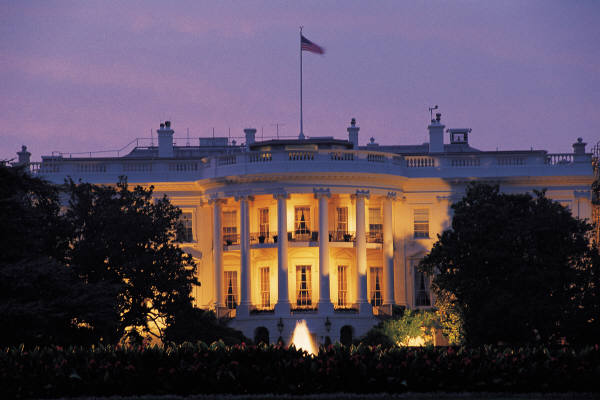
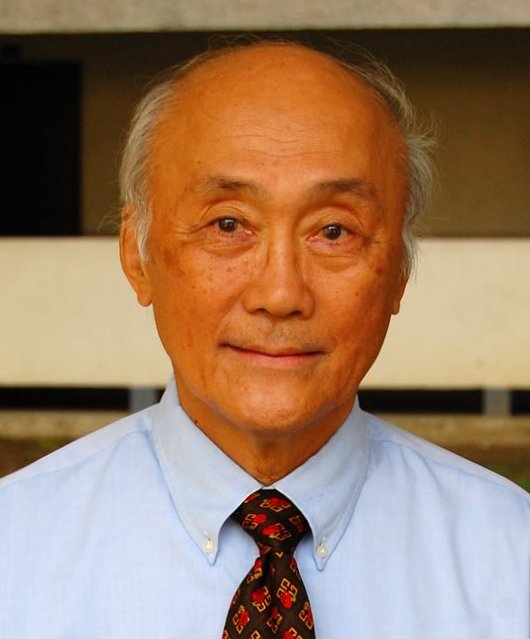
 I believe: This is a CoRRECT™ Video with a very positive message
I believe: This is a CoRRECT™ Video with a very positive message Walang Natira: Gloc-9's MTV Rap about the OFW Phenomenon
Walang Natira: Gloc-9's MTV Rap about the OFW Phenomenon